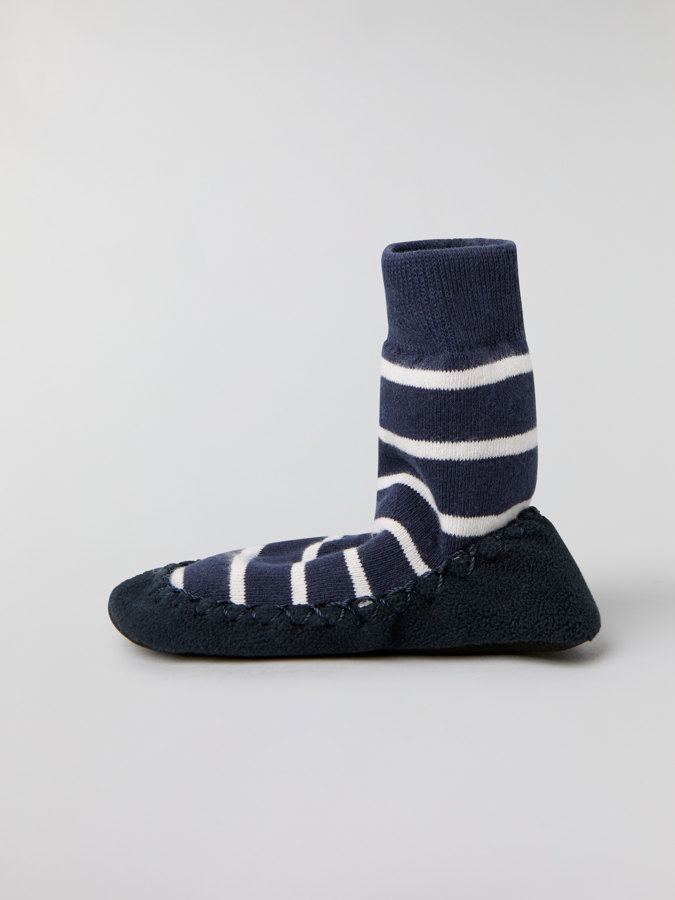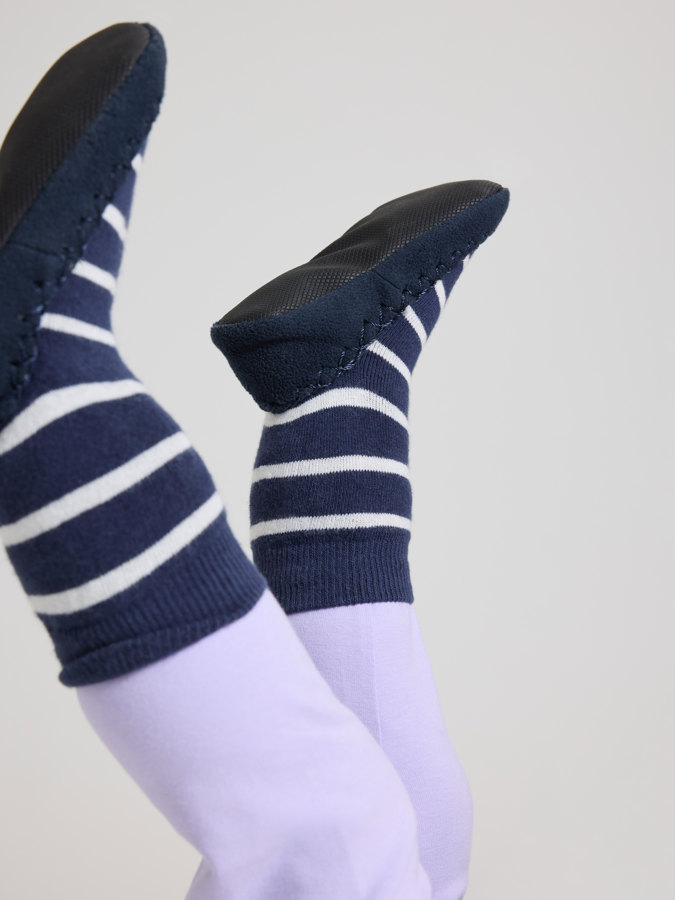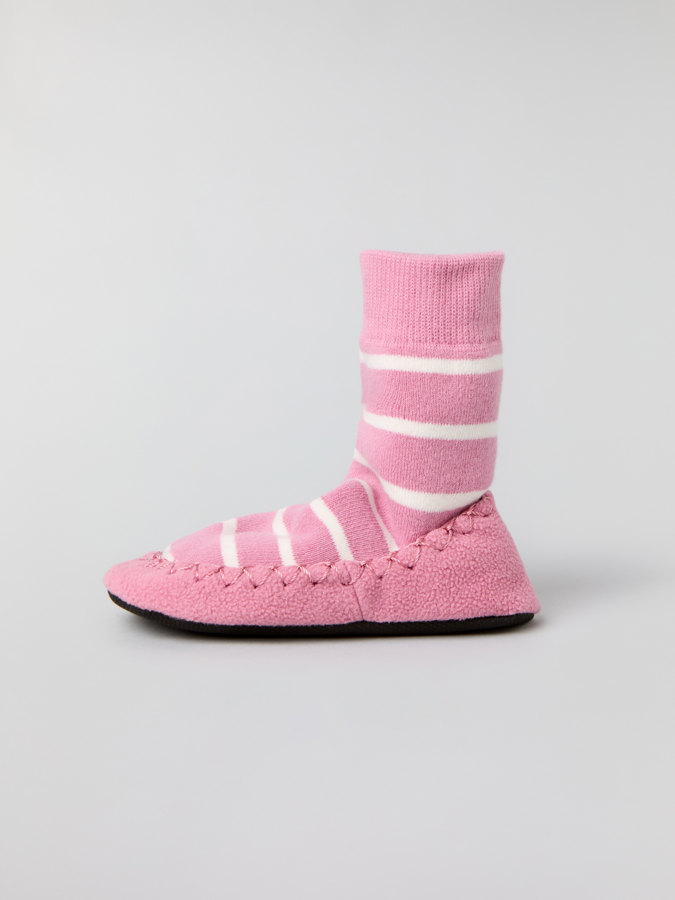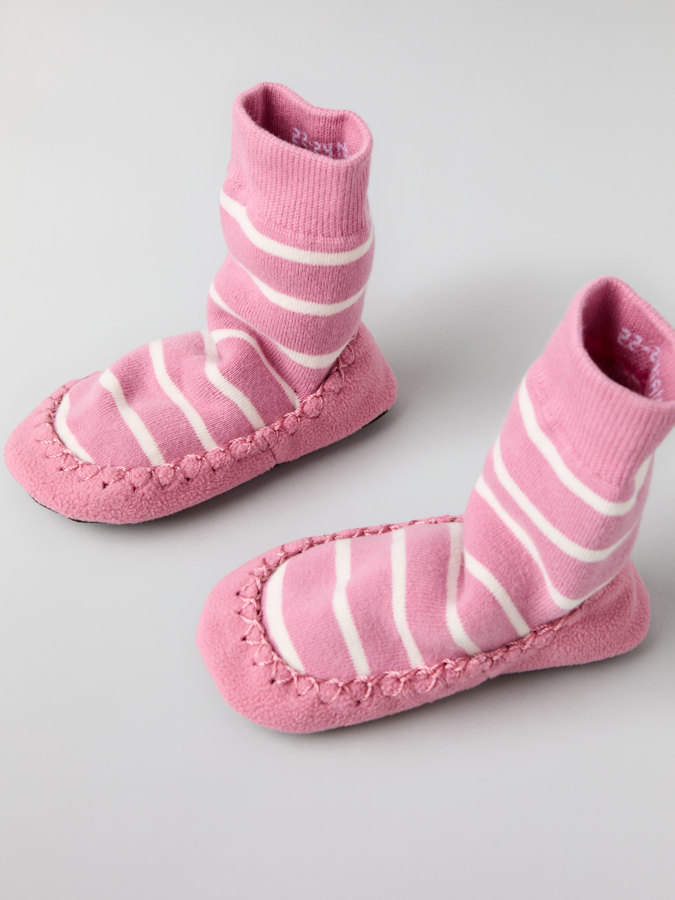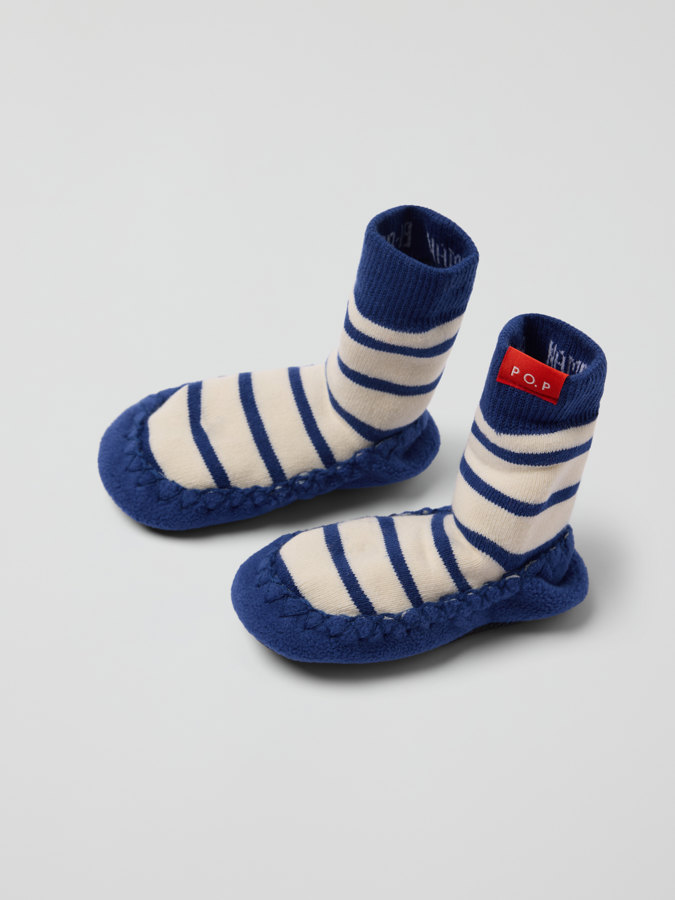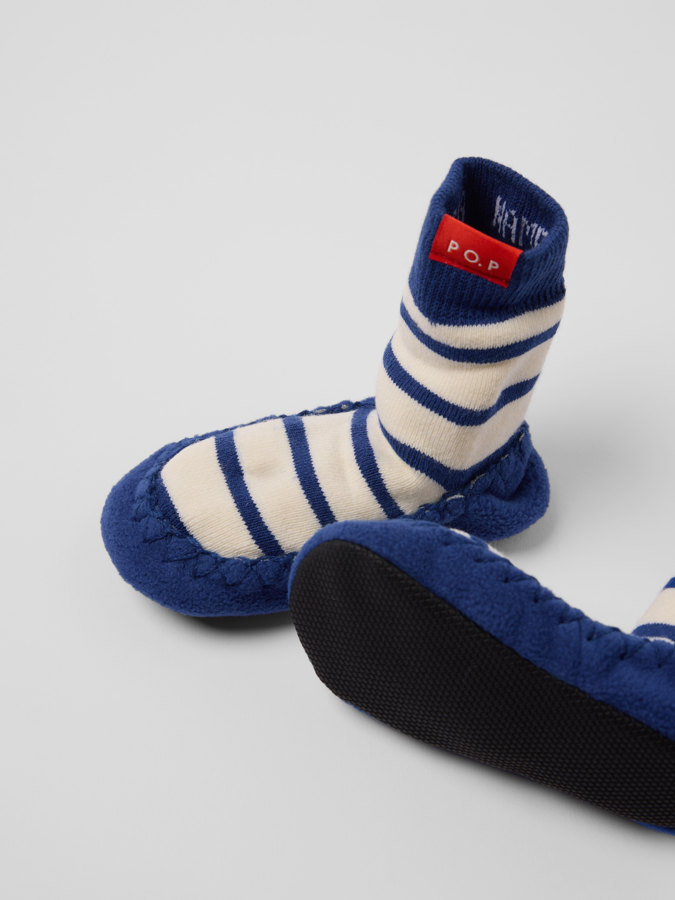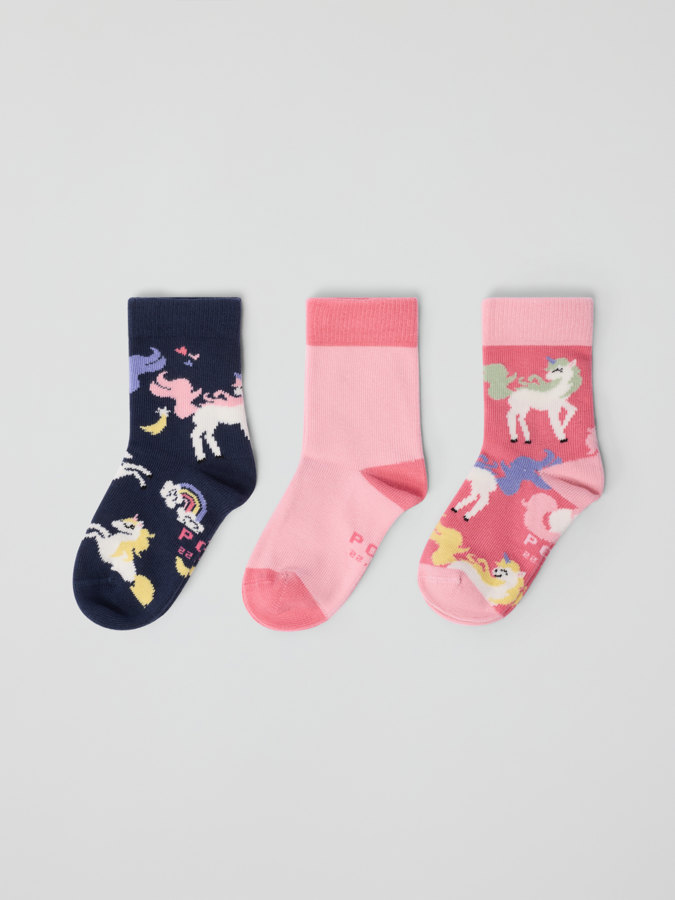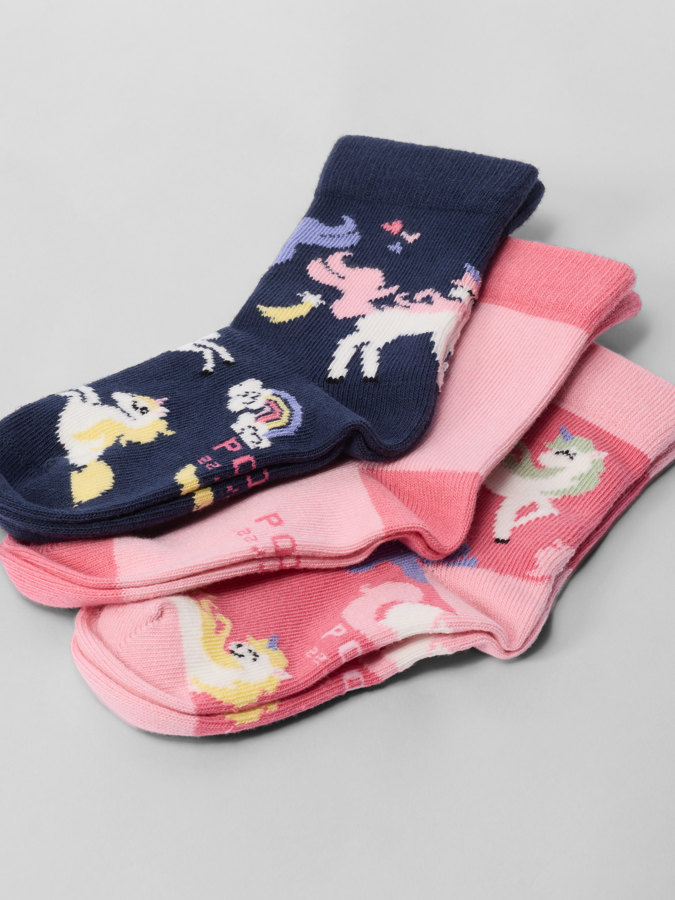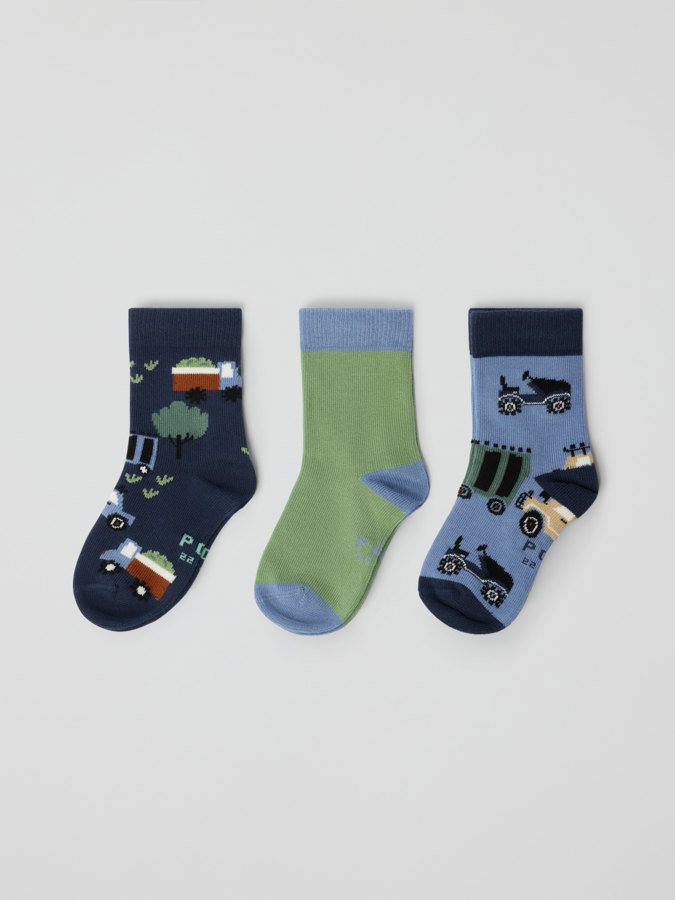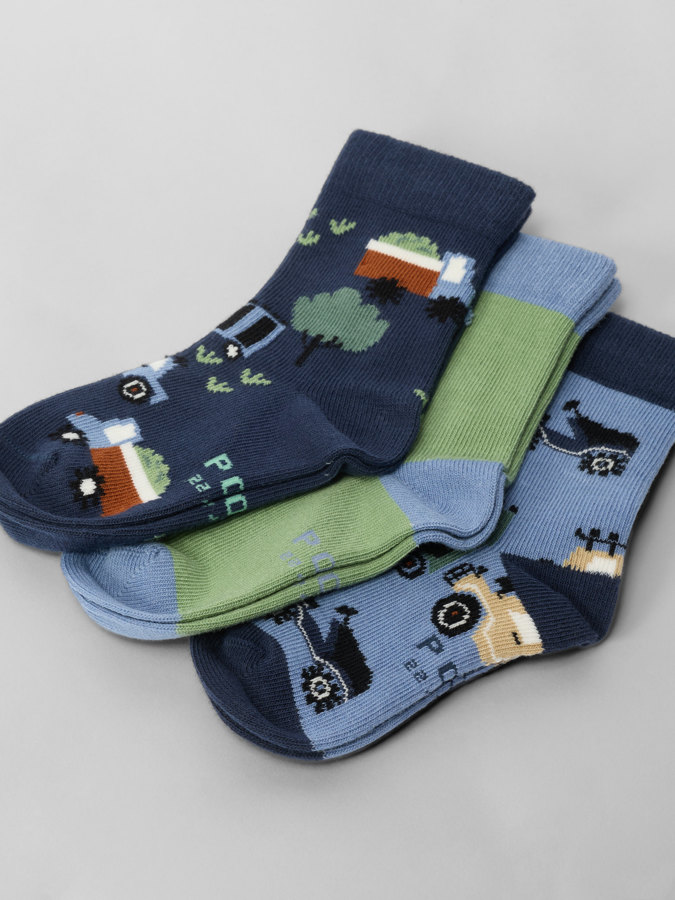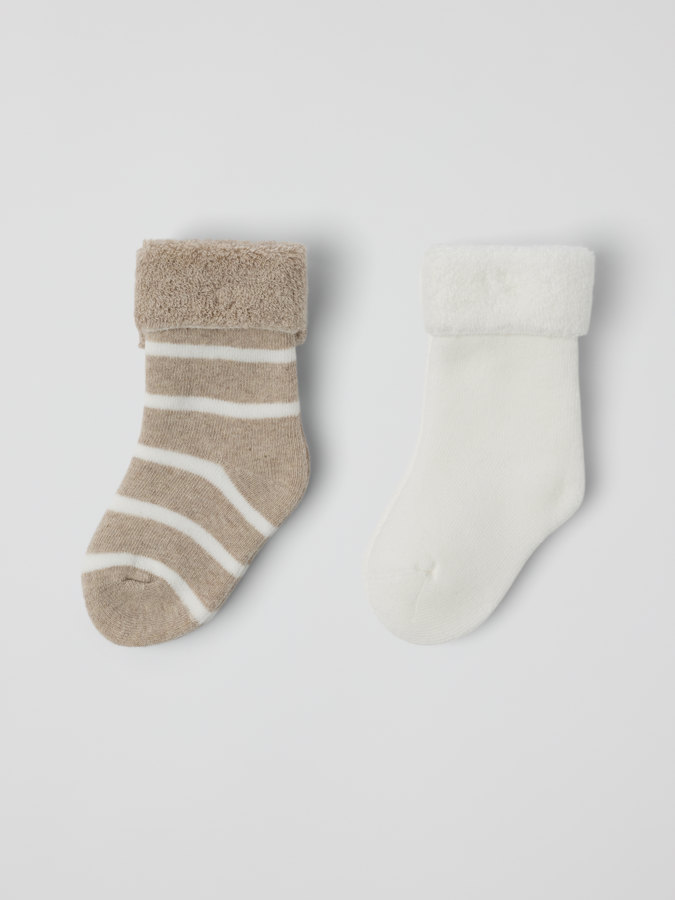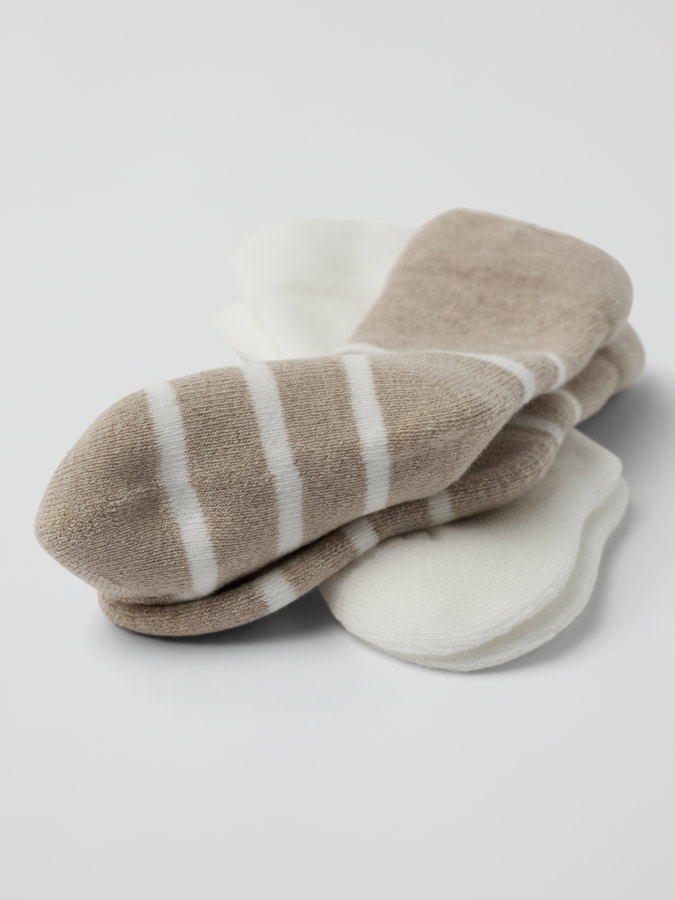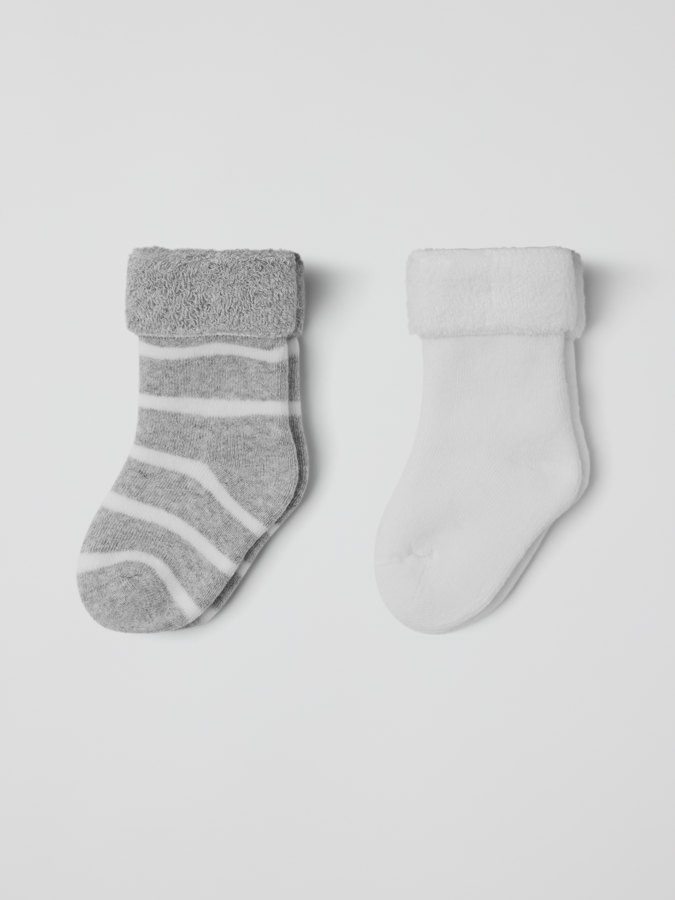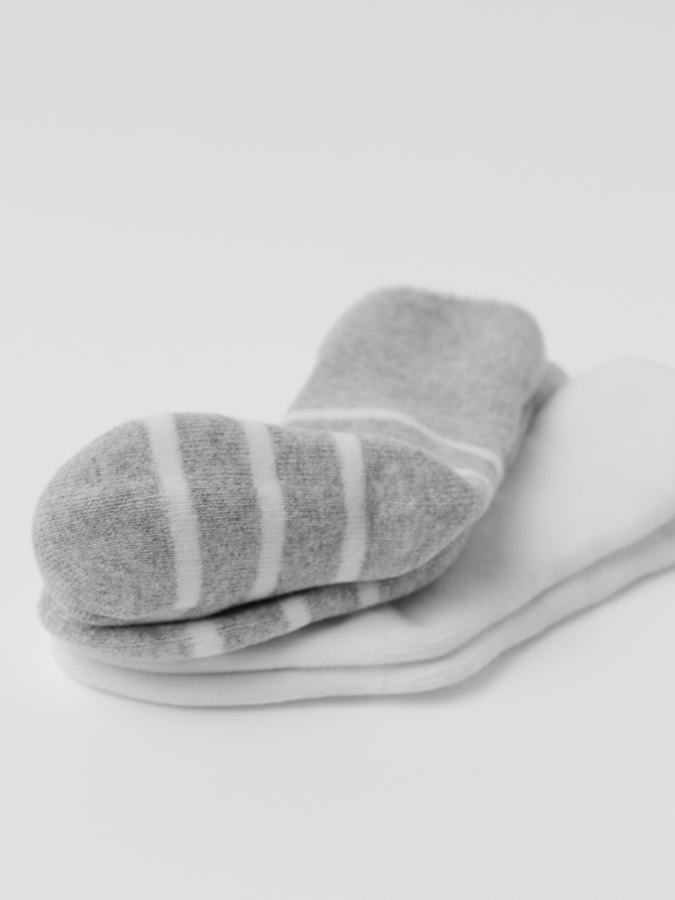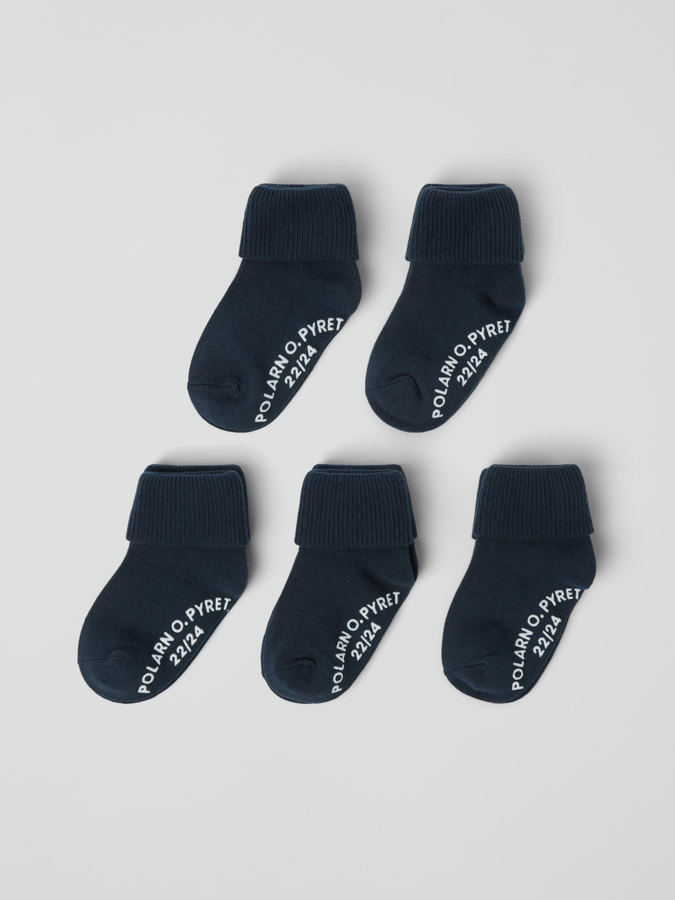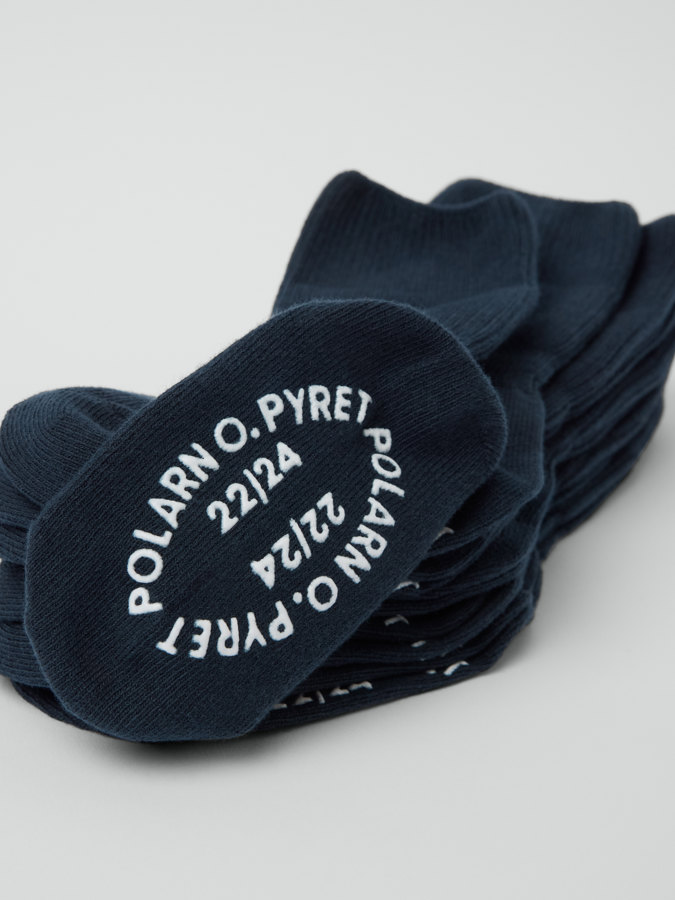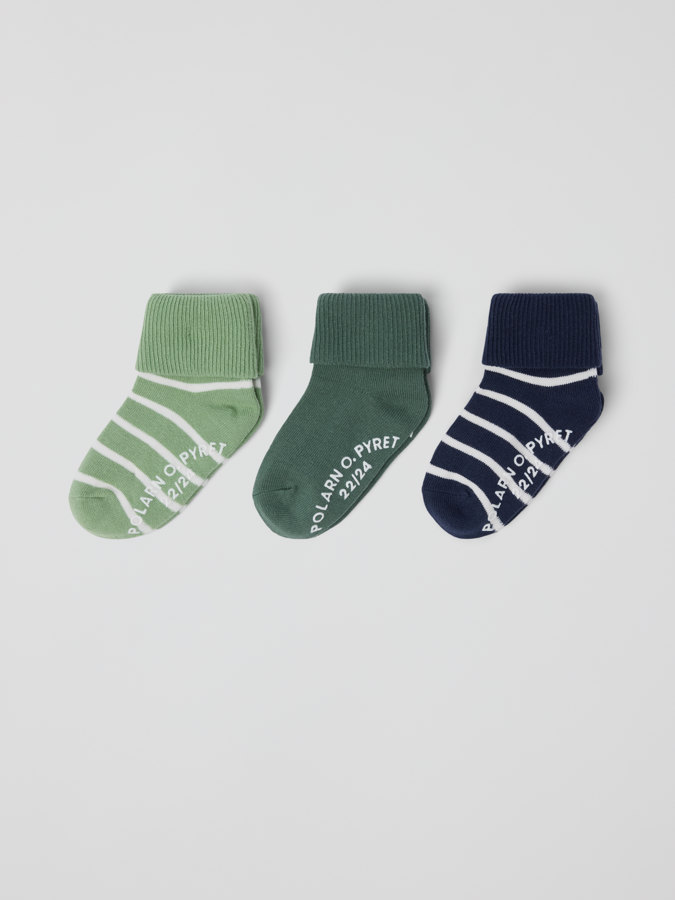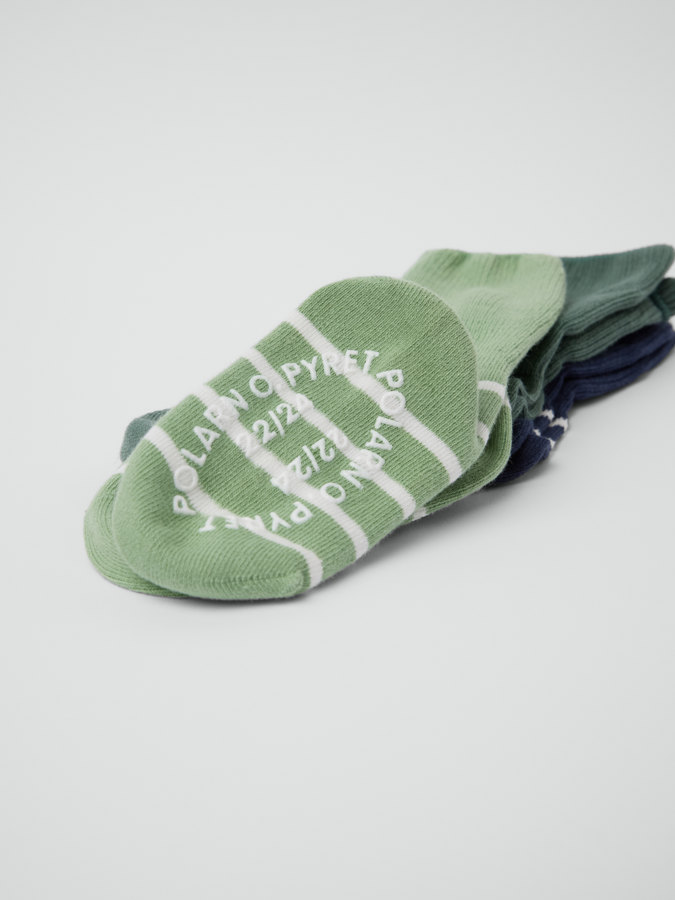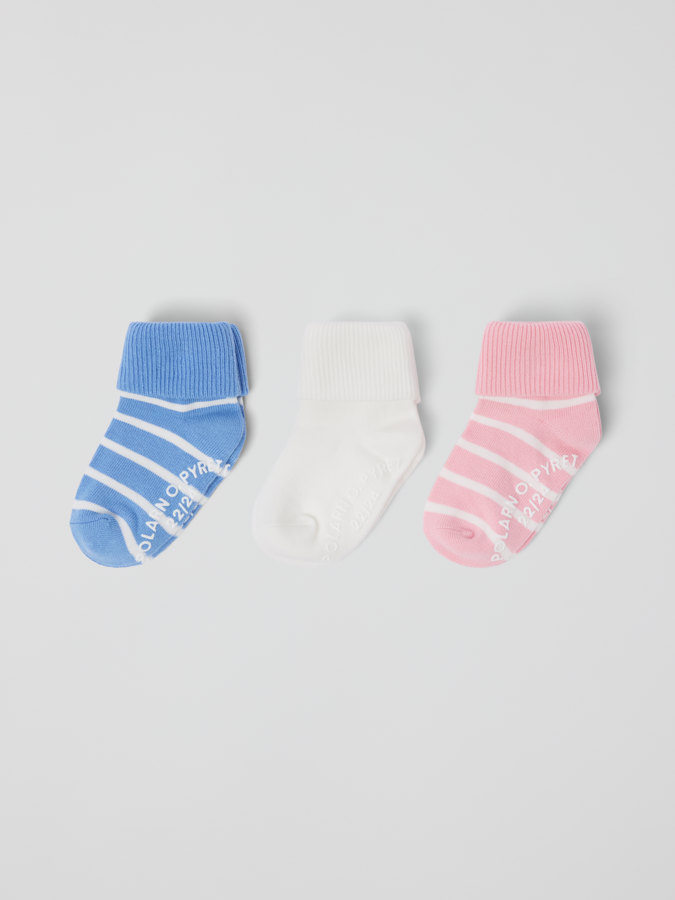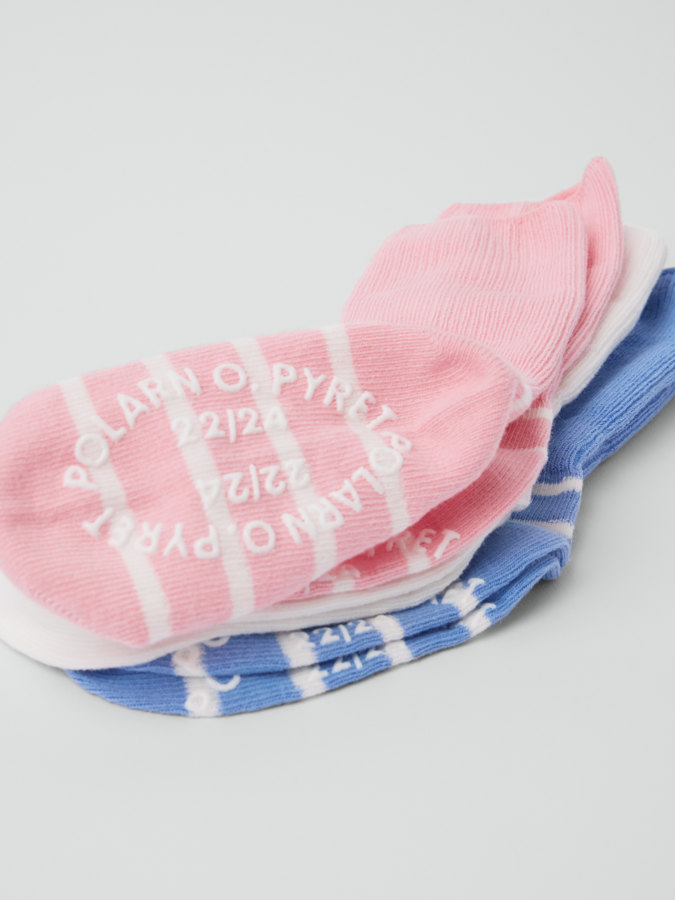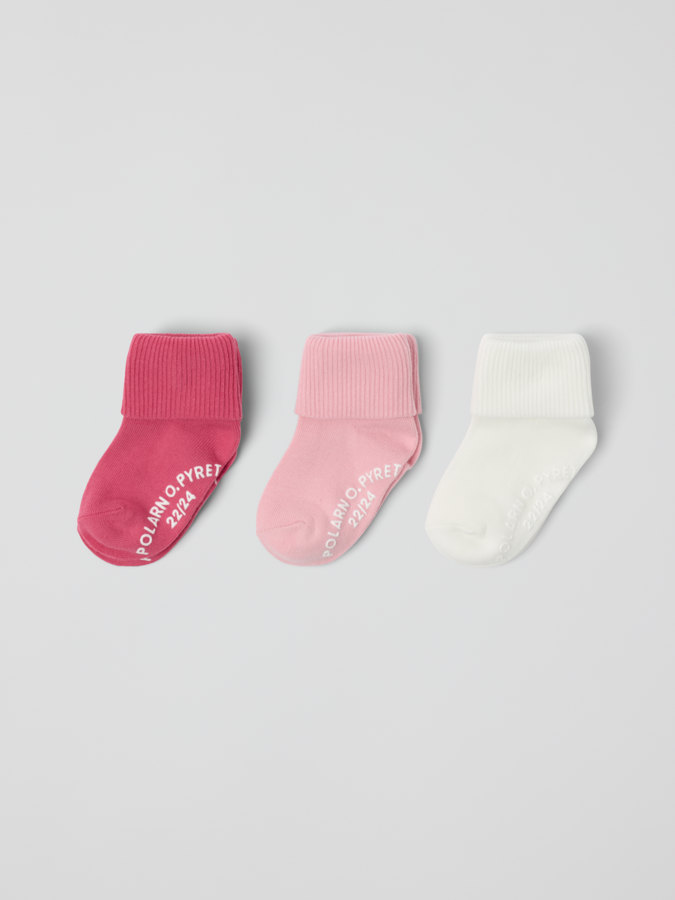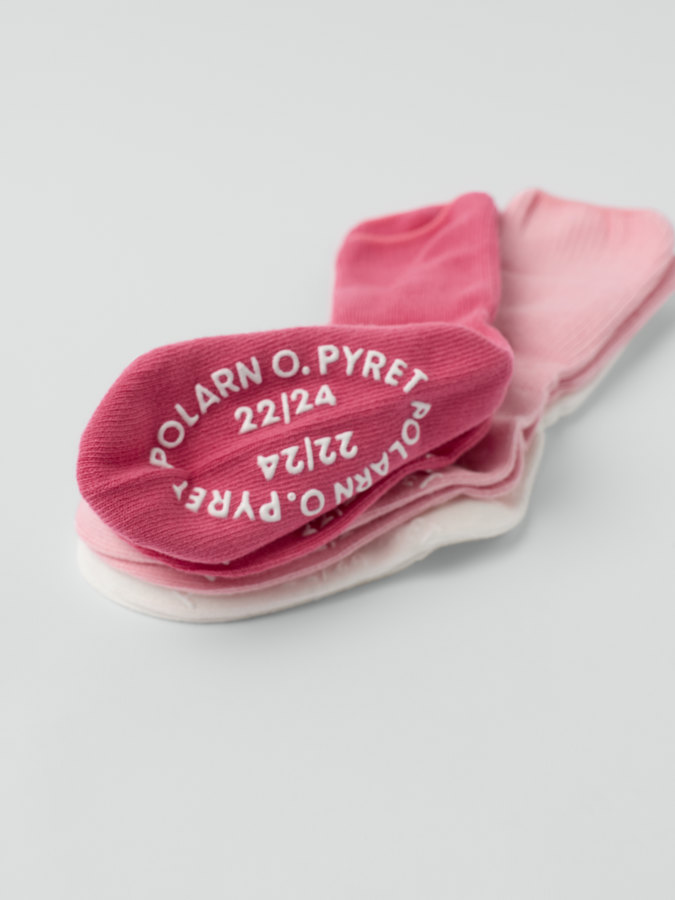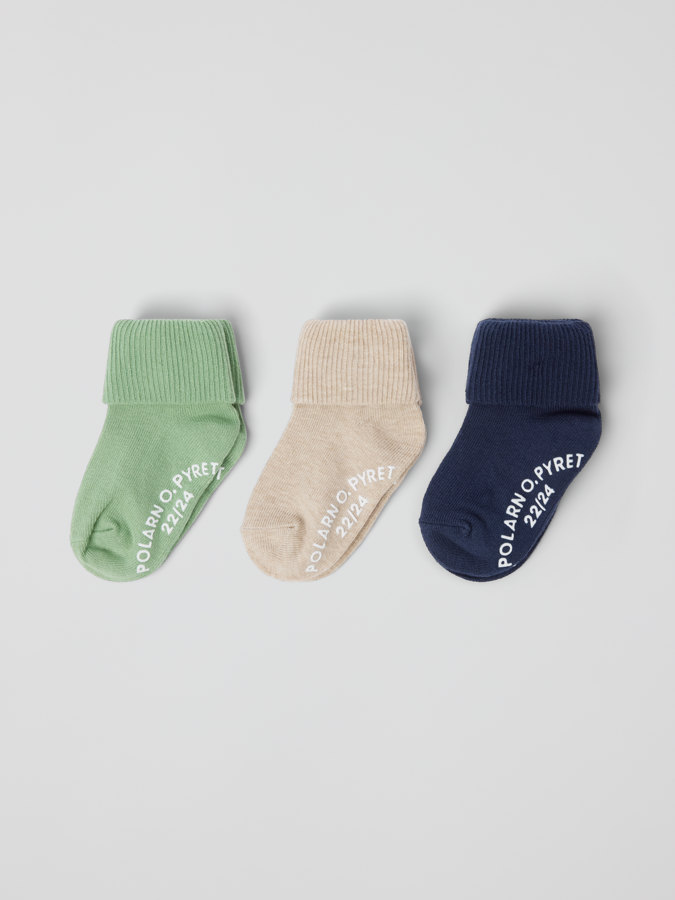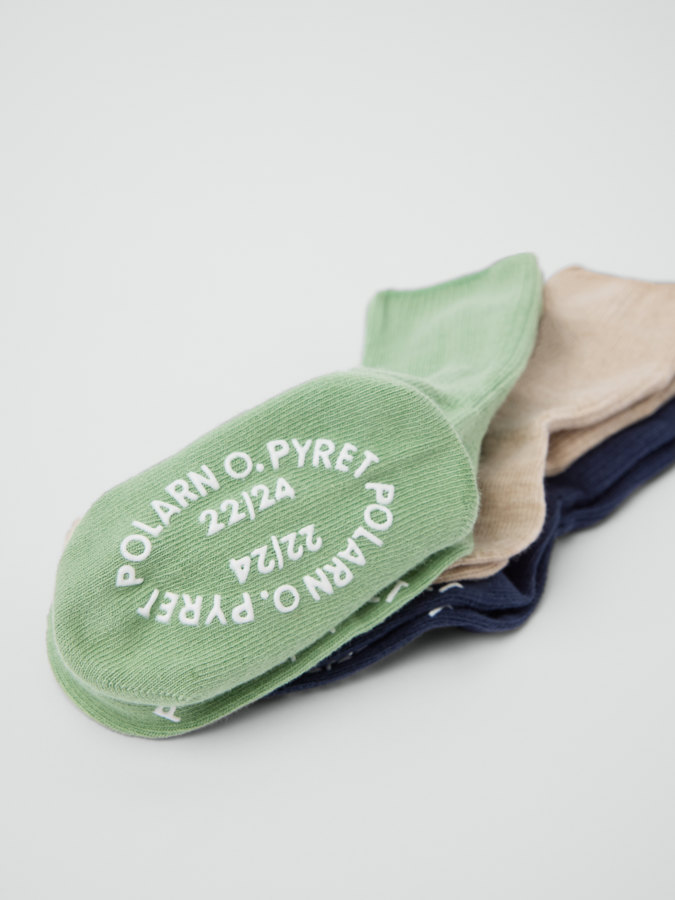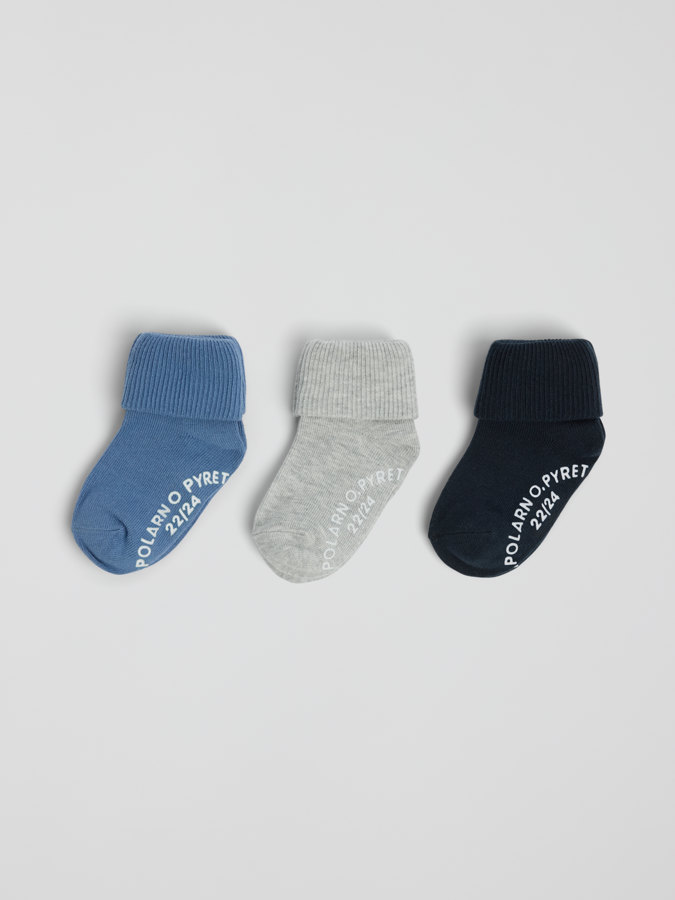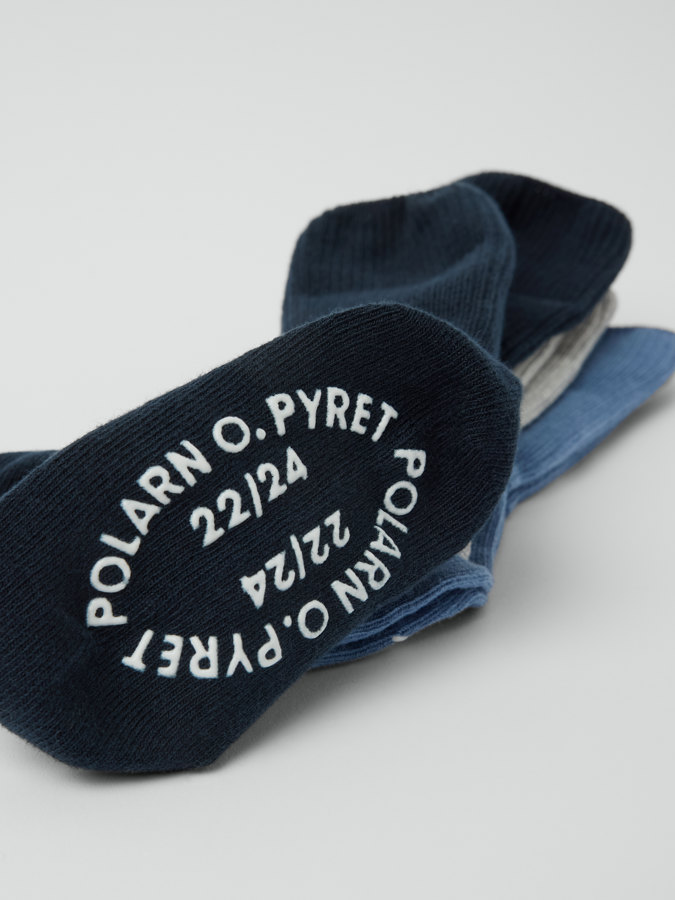Footwear size guide for children
Read article
It’s not always easy to choose the right kids shoes. So we’ve answered some FAQs and collected our top tips for you here.
Size guide
Child's length (cm) | Foot size (cm) | Shoe size |
| 68 - 74 | 9 - 11 | 17 - 18 |
| 80 - 86 | 11 - 13 | 19 - 21 |
| 92 - 98 | 13 - 15 | 22 - 24 |
| 104 - 116 | 15 - 17 | 25 - 27 |
| 122 | 17 - 19 | 28 - 30 |
| 128 - 134 | 19 - 21 | 31 - 33 |
| 140 - 152 | 21 - 23 | 34 - 36 |
| 158 - 164 | 23 - 25 | 37 - 39 |
How to measure your child's feet
The easiest way to measure a child’s foot is to lay a sheet of paper on the floor against a wall and place your child’s foot on the paper with their heel against the wall. Draw a line in front of the longest toe and measure the length of the paper up to the line. Make sure your child is standing upright when you measure, as their body weight will press their foot outwards a few millimetres. Measure both feet as they may be different sizes – if they are, always choose the larger size. Shoes should fit well and be comfortable to walk in from the word go: shoes that need “breaking in” are usually either inferior quality or the wrong style for your child. Once you know the length of the foot, add on growing room depending on the type of footwear.
How can I tell if my child's outgrown their shoes
Children’s feet tend to grow in spurts and can grow a lot in a short time. Generally speaking, the younger the child, the quicker their feet grow. This is why we recommend that you regularly check the fit of your child’s shoes. When there’s a gap of less than 5mm in front of their toes, it’s time for new shoes, or their shoes may pinch when they walk. These 5 millimetres are known as “walking room”.
Growing room for different types of footwear
Open sandals about 10 mm
Closed sandals about 10–15 mm
Walking shoes about 10–15 mm
Thinly lined autumn/spring ankle boots about 10–15 mm
Thickly lined about 15–20 mm
Wellies about 15–20 mm
How much do kids feet grow?
1–2 years of age about 20 mm/year
2–3 years of age about 15 mm/year
3–11 years of age about 10 mm/year
First shoes
As soon as your child starts to walk, it’s time for their first “real” shoes. Choose lightweight, flat shoes with smooth soles, as too much traction may cause the sole to catch and your child to fall.
Choose a higher style shoe that stays on your child’s foot and gives better balance. The shoes should also have good breathability because young children perspire a lot.
4 years and upwards
From now on, your child has a choice of many more types and styles of footwear. All their footwear should preferably be bendy and flexible, with good breathability.
We're here to help you!
If you have any other questions about sizes, you’re always most welcome to contact our customer service team!
Now that you know which shoe size you should buy for your child, all that is left are the clothes!
